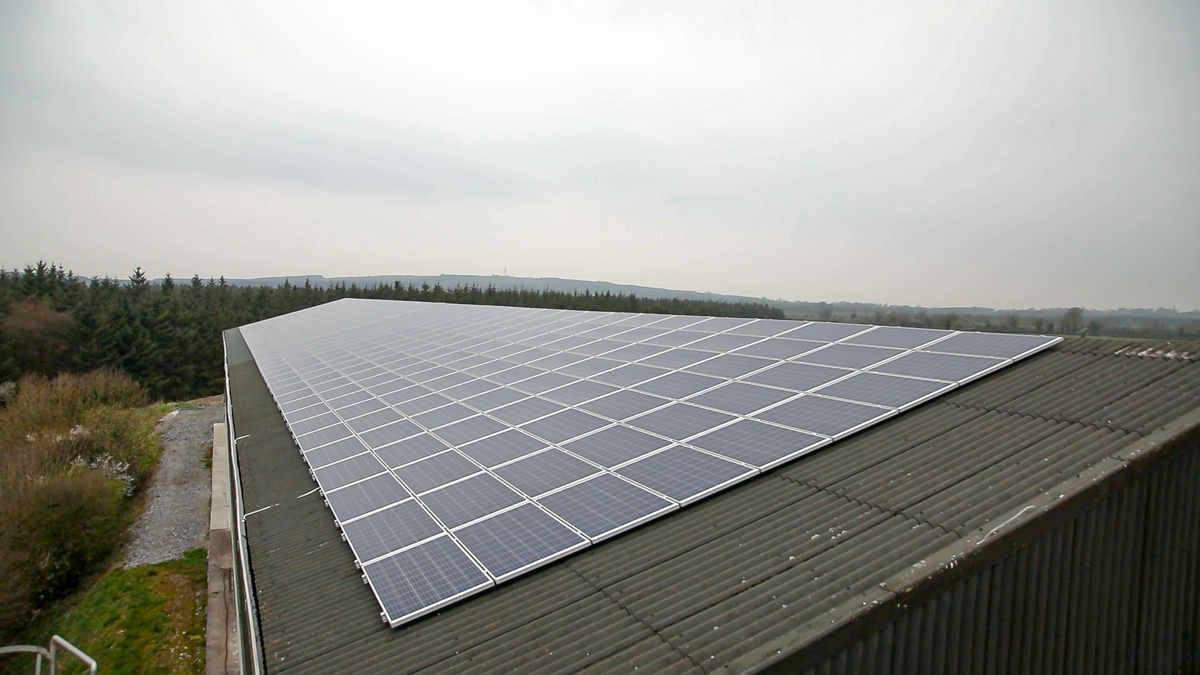Small-scale generation of renewable energy will take “centre-stage” this summer as the new Microgeneration Support Scheme is set to be implemented.
Back in January, Minister for the Environment Eamon Ryan announced that the new scheme would allow farmers, citizens, business owners and community organisations to generate their own electricity, such as from solar panels on their roofs, and receive a “fair price when they sell the excess into the grid”.
A public consultation on the microgeneration scheme closed in February and following the consideration of submissions, the government is targeting July for implementation.
This comes as Ireland strives to reach its 70% renewable electricity target by 2030 and local businesses, farmers and homeowners are being advised to “get ahead of the curve” and start researching supports that may be available to them.
Microgeneration scheme benefits ‘are massive’
“The benefits of this scheme are massive, not just in a domestic sense but for businesses too. This will allow people to enter the energy market on a cost-effective basis,” according to Kieran O’Driscoll of JK Services, a Cork-based electrical services business.
“It’s [an] opportunity for people who perhaps wanted to invest in solar energy but didn’t have the means to do so previously,” he added.
“There is definitely a huge demand for more eco-friendly solutions; people are now more aware of their carbon footprint and the impact they make on the world, so there’s conscious choices being made.
“We’ve seen a huge change in people’s mindset when it comes to green energy.”
Microgenerators will primarily serve their own consumption needs but will be able to receive a payment for excess electricity exported back to the grid.
Most common issues raised in consultation
There were 875 submissions to the public consultation on the scheme, with 158 industry and 717 general public submissions.
In the consultation, there was “widespread support” for an export payment that “reflects the fair market value of the electricity exported”, though many respondents felt that grants would also be needed in order to encourage uptake of the scheme.
There was “widespread opposition” to the proposal that access to the scheme would be subject to a property meeting a minimum post-works Building Energy Rating (BER) requirement.
According to the Department of the Environment, “this is a necessary measure in line with the energy efficiency first principle”.
Occupied buildings would need to achieve a minimum post-works BER C rating, with many of the submissions who opposed this suggesting that the measure would be “overly restrictive – particularly for non-domestic buildings such as farm buildings, schools and other community buildings with low occupancy rates”.
“Simplicity and ease of access” were widespread issues of concern among respondents, with many suggesting that a “large administrative or bureaucratic burden would act as a significant disincentive to uptake of the scheme”.
Many respondents suggested that the scheme “should be flexible, both in terms of the definitions it uses and in allowing for technology- and sector-specific supports”.
